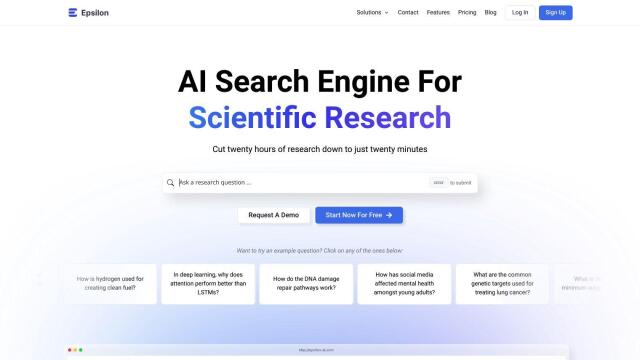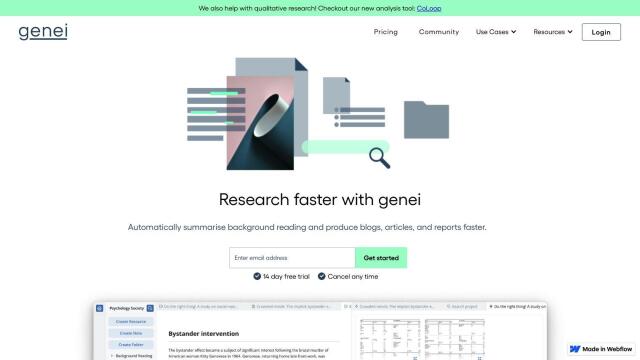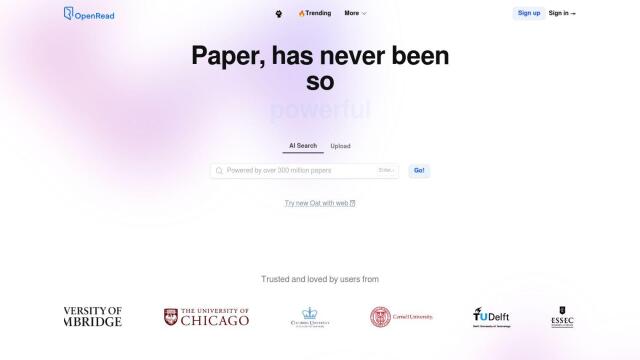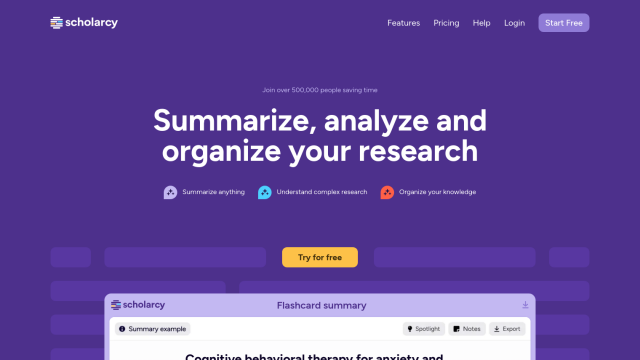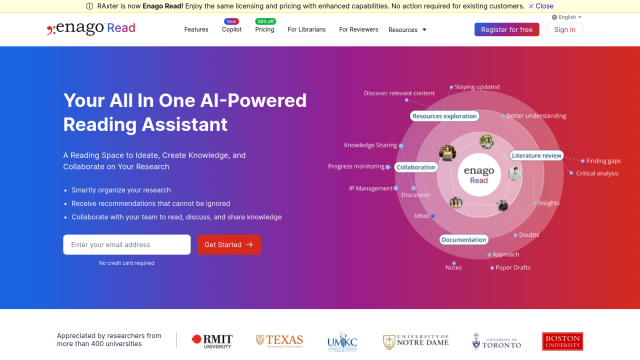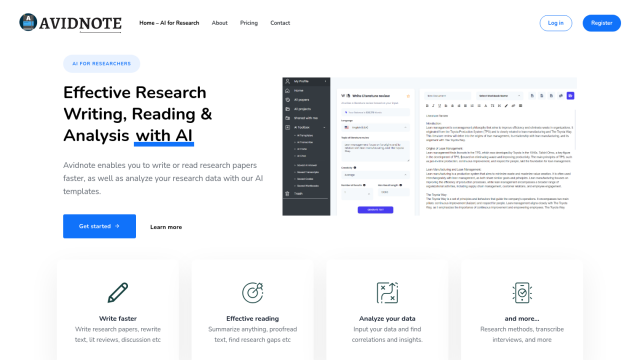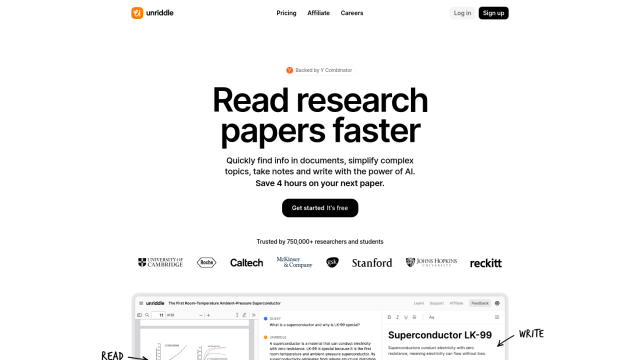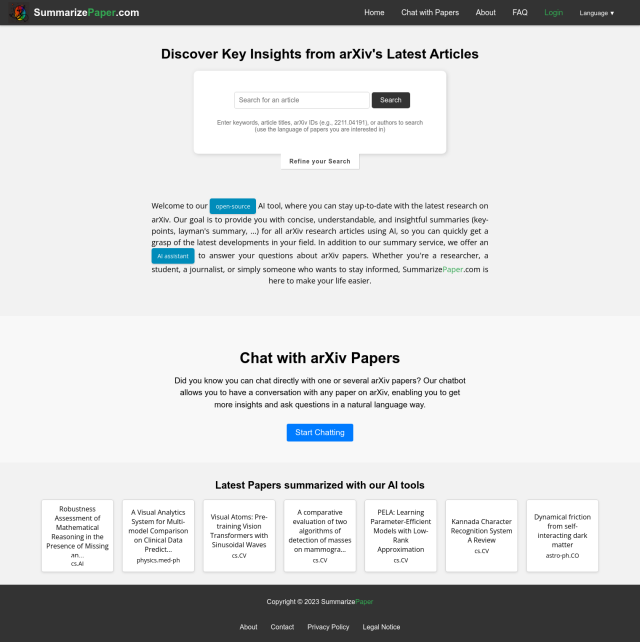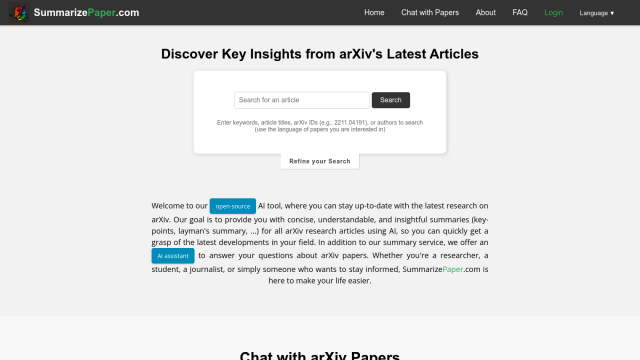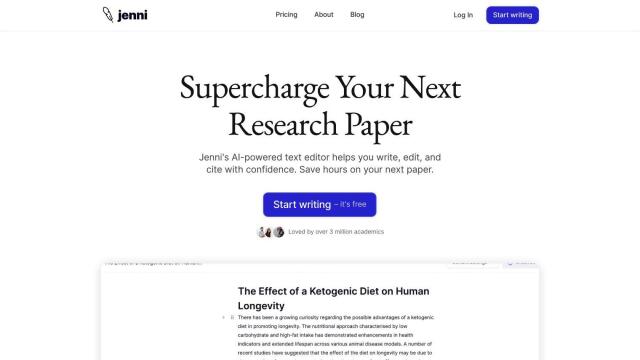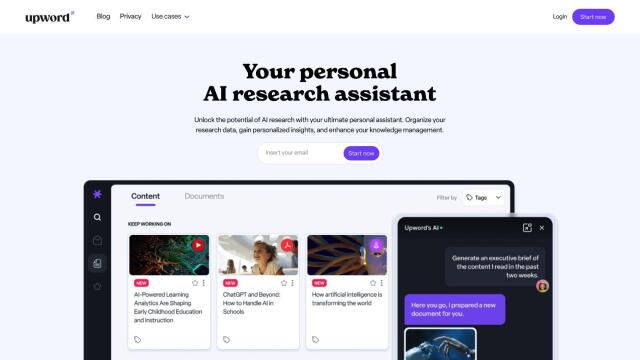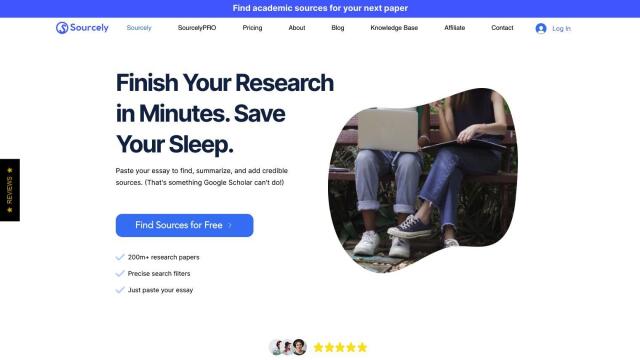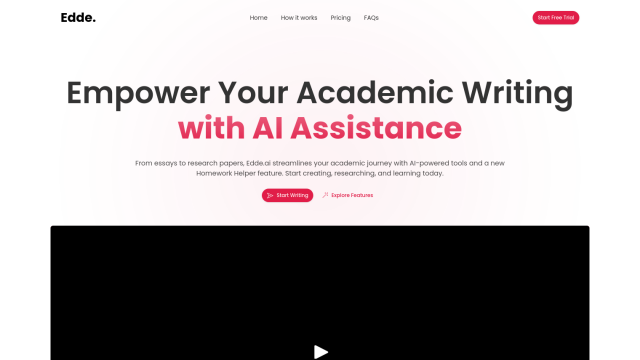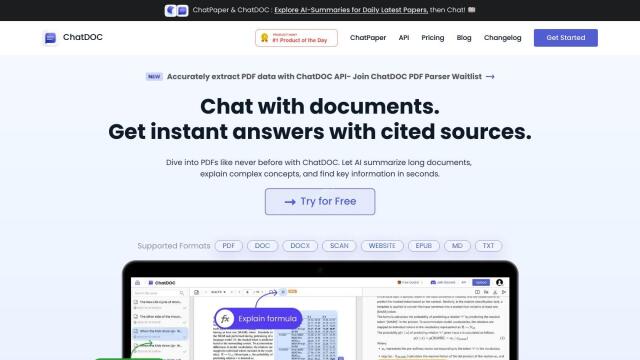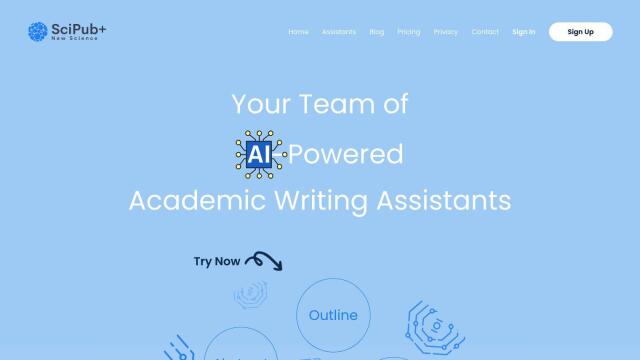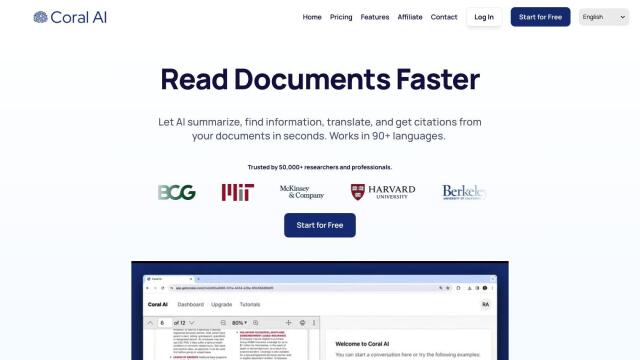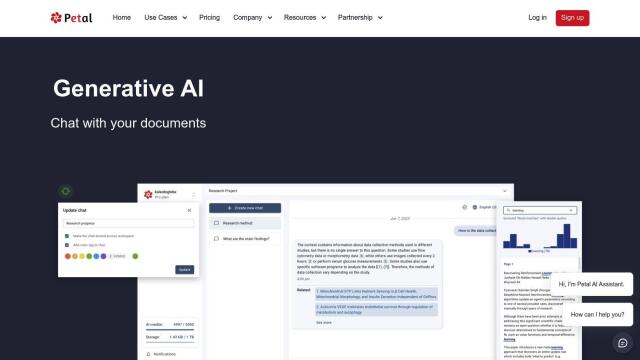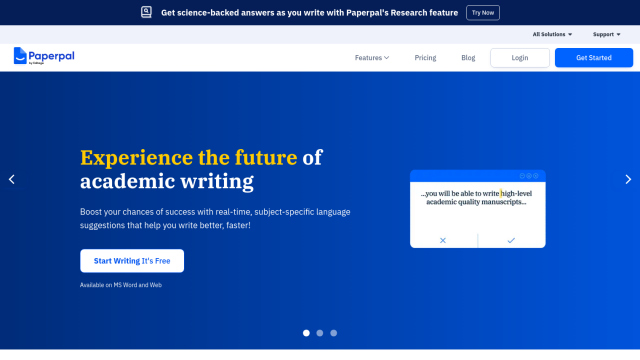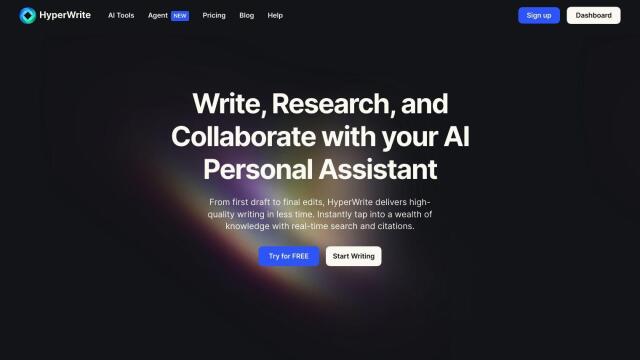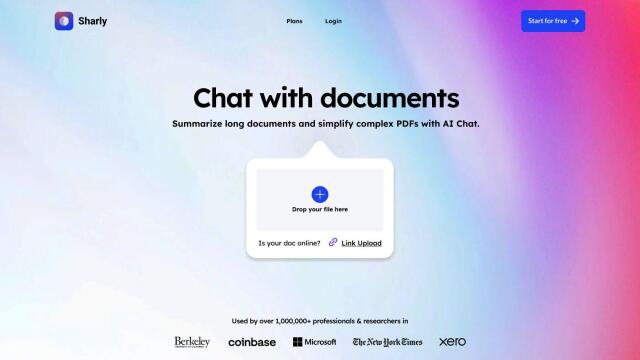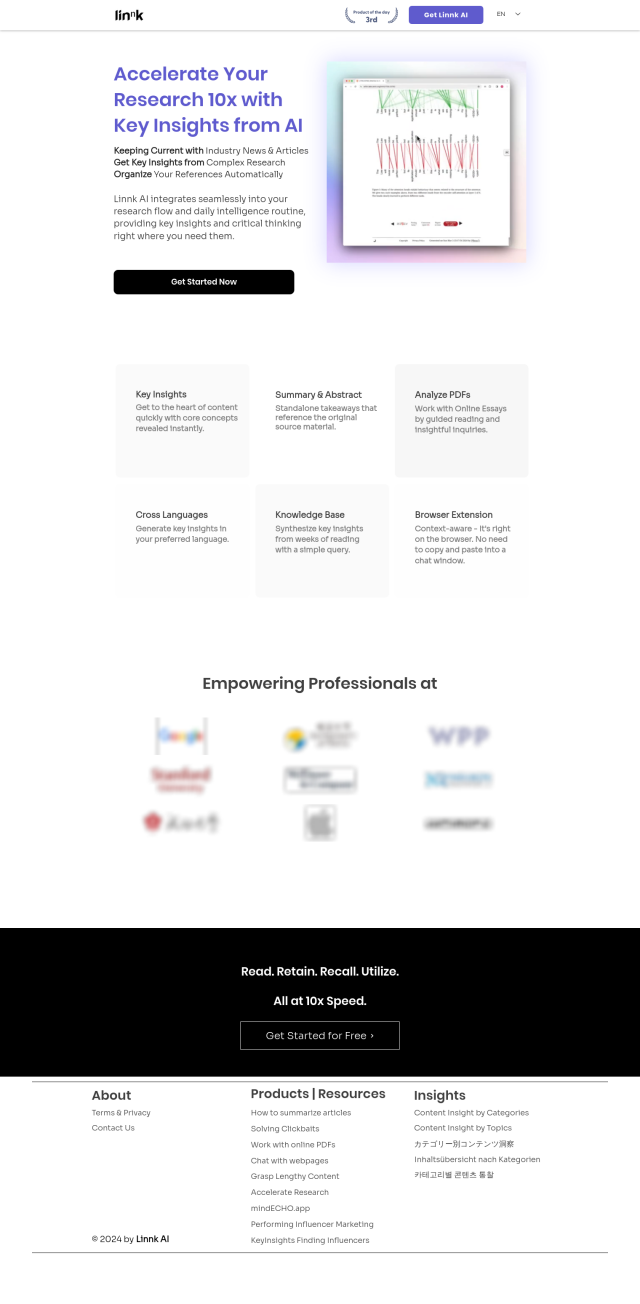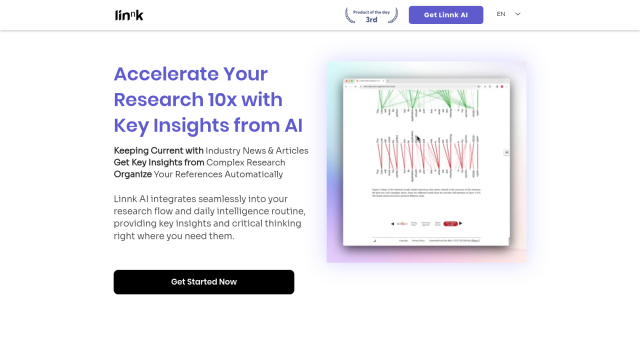Question: Is there an AI-powered research assistant that can help me generate research ideas and questions?

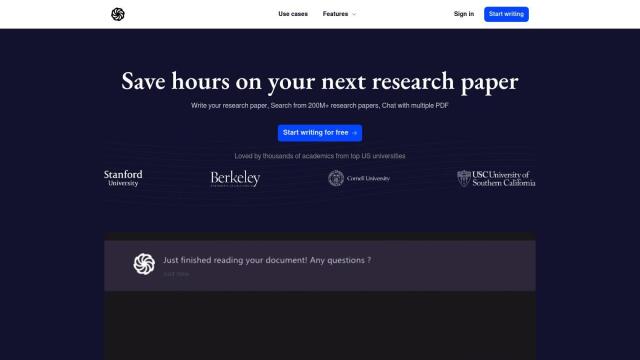
Doclime
If you're looking for an AI-powered research assistant to help you come up with research ideas and questions, Doclime is a good option. The service automates tasks like finding relevant academic papers and writing research papers. It's got a brainstorming tool that can come up with research ideas and questions, and an "Understand Papers" tool that can summarize research, perform semantic searches and generate text. Doclime also has an AI writing assistant that can help with autocomplete, paraphrasing and outline generation, so it's a good option for academics who suffer from writer's block and deadlines.
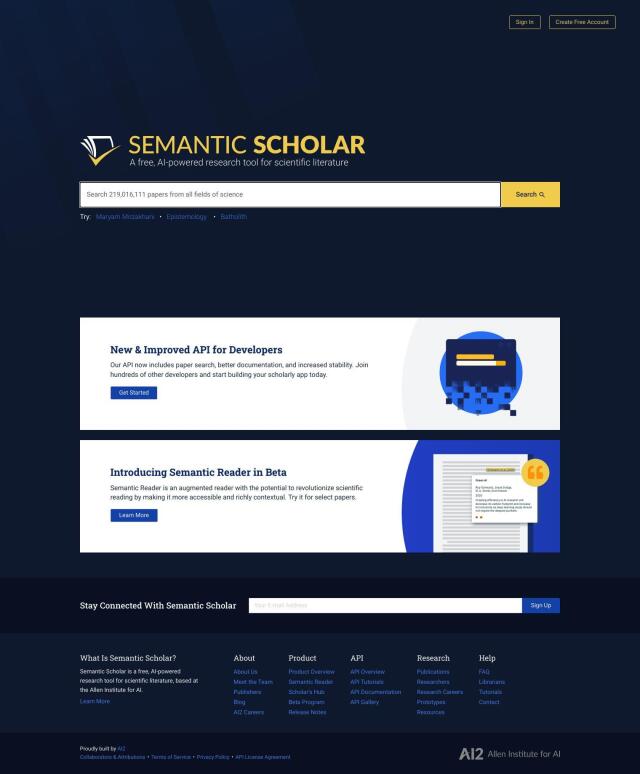
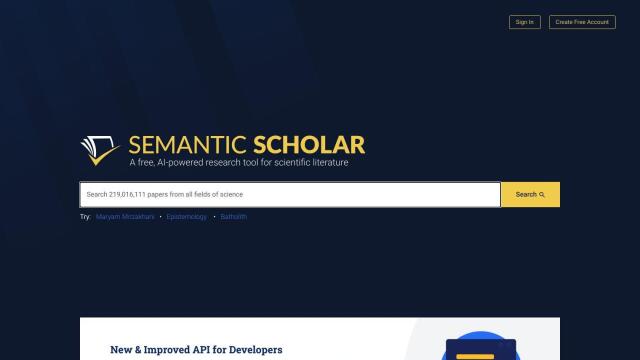
Semantic Scholar
Another good option is Semantic Scholar, a free AI-powered research service that lets you search for and read relevant scientific papers from a large corpus. Semantic Scholar has powerful search filters, brief summaries, and AI-generated definitions and answers that can help you understand papers more quickly. The service also offers tools for citing papers, organizing research and creating AI-powered research feeds, so it's a good option for keeping up with research activity and following new citations.


Elicit
Elicit is another good option, designed to help you quickly find, summarize and extract data from more than 125 million academic papers. It covers empirical subjects like biomedicine and machine learning, with features like automated literature reviews and systematic reviews. Elicit comes in three versions to suit different needs, from individuals to institutions, so it's a good option for researchers.


Otio
For those who want an AI-native workspace, Otio offers a suite of tools to help you learn and write. It offers automatic summarization and chat abilities with AI models like GPT-4o and Claude 3, support for more than 20 languages, and automatic tagging and organization of documents. Otio can help you come up with new ideas based on research, create outlines and produce first drafts, so it's a good option for researchers, students and analysts.

